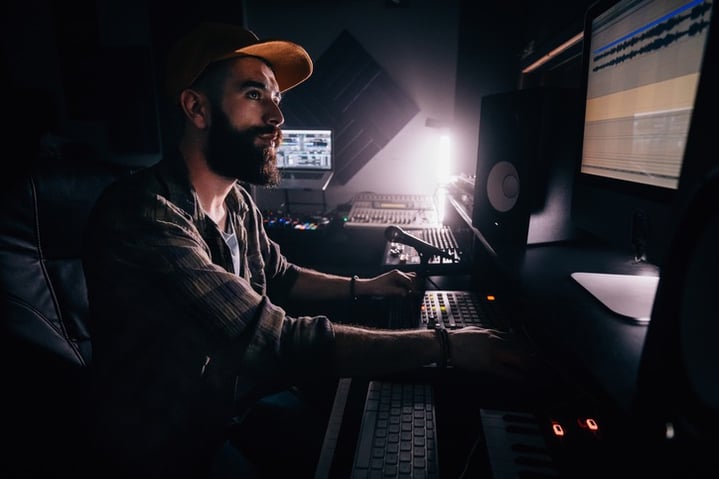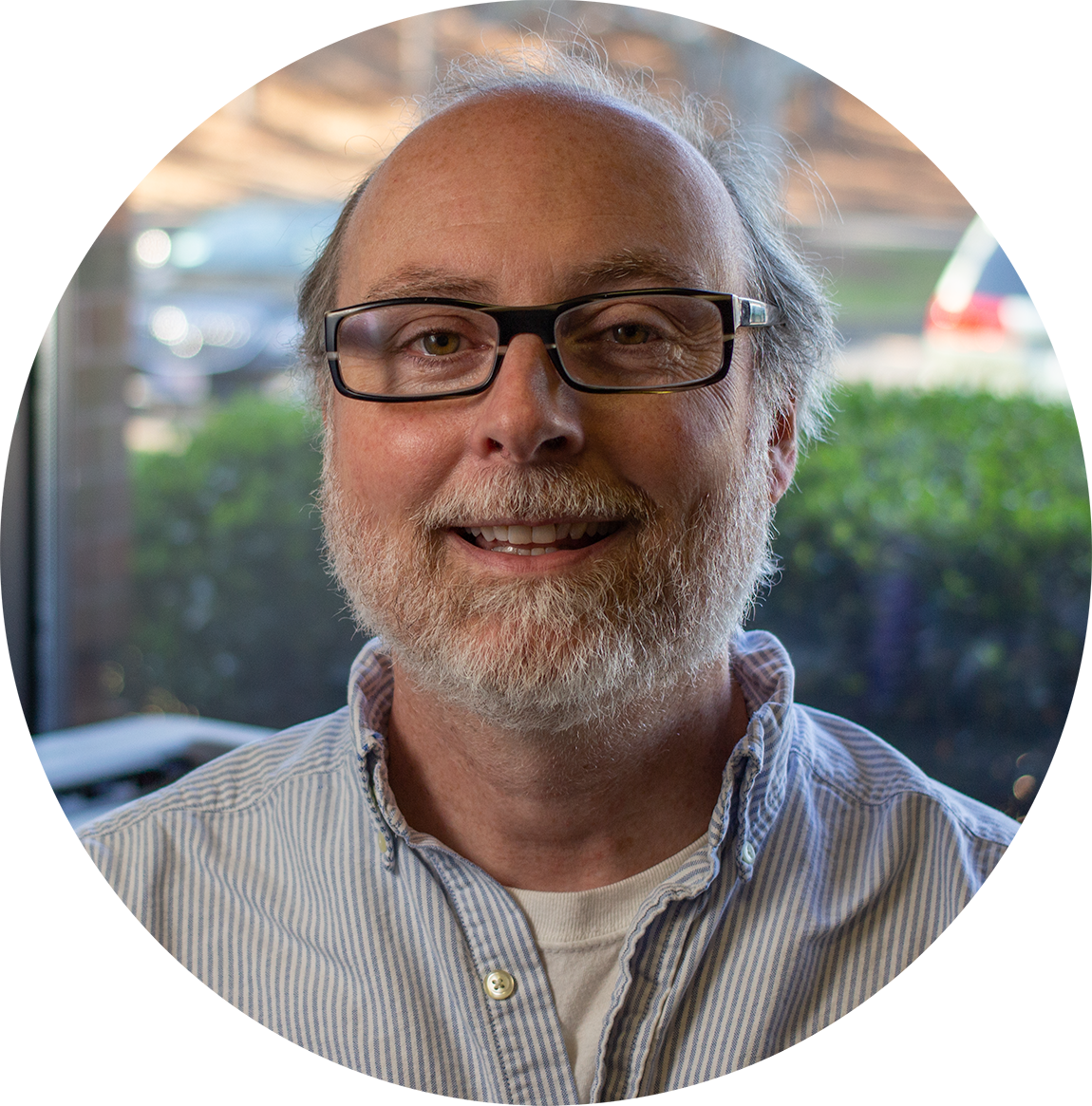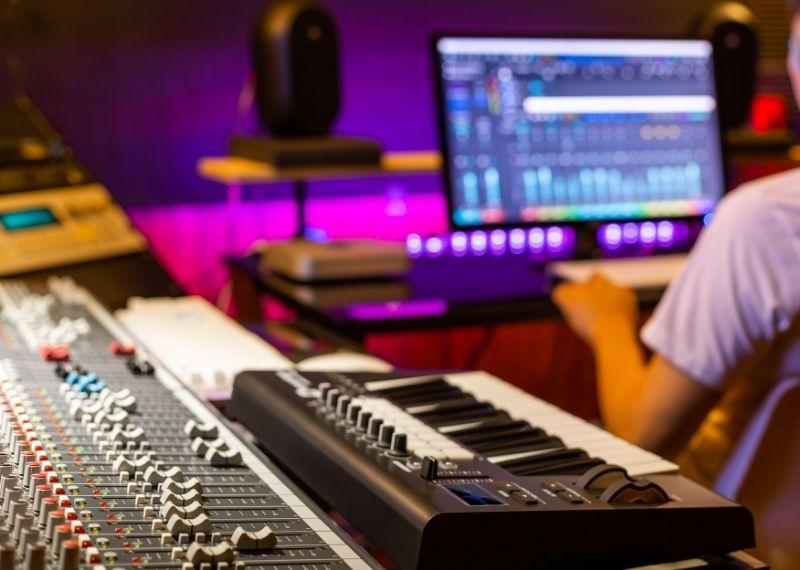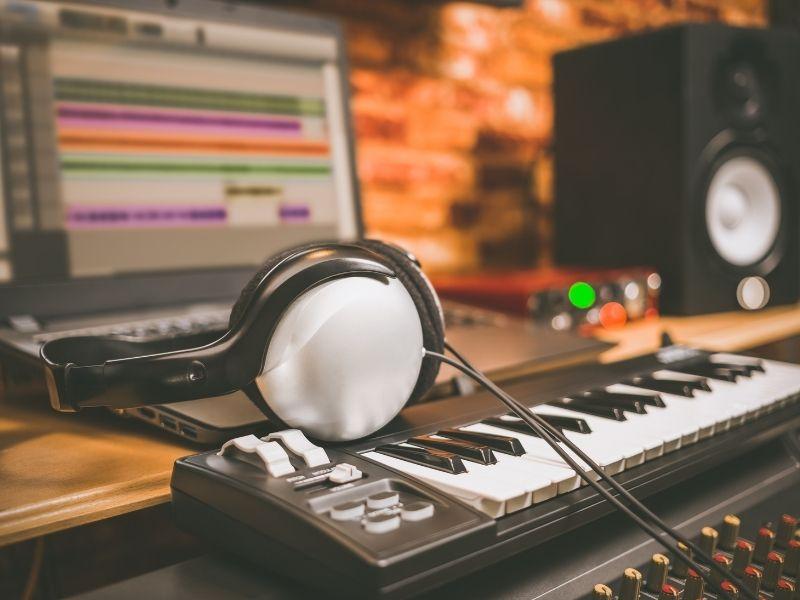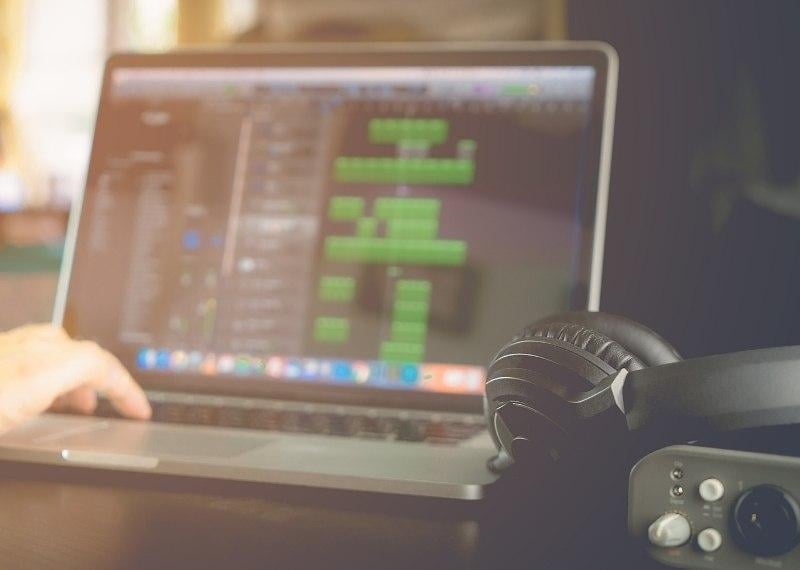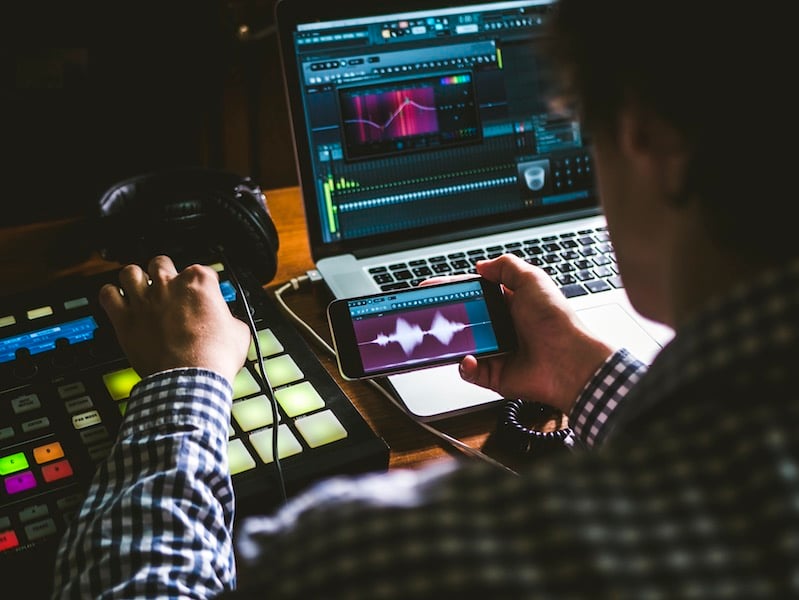The Essential Types of Filters and EQ
EQ or “equalization” is something that every music producer should be familiar with as it is a fundamental part of music production. Equalization can not only enhance a particular sound, but it can benefit the mix as a whole.
EQ’s can be used to create clarity, balance, and presence. They can also remove harsh frequencies or even create new sound effects.
Table Of Contents
- What Is An Equalizer?
- Different Types of EQ
- Different Types Of Filters
- Elevate Your Music Production Skills
What is an Equalizer?
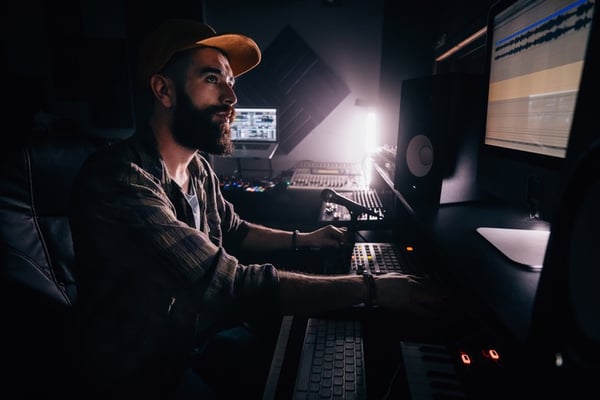
Plainly put, an equalizer (EQ) is a tool that contains different types of filters that can either increase or decrease the volume of specified frequencies in the audio spectrum.
An equalizer will usually range from the frequencies of 20 Hz all the way up to 20 kHz. This tool can help shape your overall tone and feel of a mix, so it’s crucial to have some familiarity with it.
Different types of EQ
There are a few types of equalizers that contain their own specific use and sound, but the most popular EQ’s utilized are parametric, shelving, graphic, and dynamic.
For today, we'll discuss parametric and shelving.
Parametric EQ
A parametric EQ is very versatile at containing adjustable frequency bands. You are able to pinpoint specific frequencies with different bandwidths and control the levels of those specific frequencies.
These tools will also contain something called a “Q,” which allows you to adjust the bandwidth and select how wide to cut or boost that frequency.
If you are setting the Q to a higher value, it will be affecting a narrow range of frequencies and vice versa.
Another adjustment you’ll be able to make is the gain. The gain will control how much to cut or boost your selected frequency.
Lastly, these EQ’s will contain different filter types. Using this function will allow you to select the shape of the filter you’d like to use.
Some standard filter types will consist of the following:
- low pass filters
- high pass filters
- notch filters
The parametric EQ will be something you use more often than not and will be a go-to when shaping sounds and cutting harsh frequencies.
Shelving EQ
Shelving EQ’s are very simple. A shelving EQ will allow you to boost or reduce frequencies above or below the point you have set for cutoff.
Most shelving EQ’s will contain high, low and mid bell curve filters. This is great for deepening a mix!
Different Types of Filters
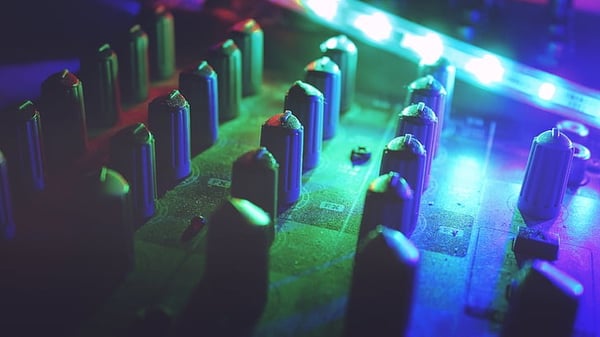
Filters are what makeup equalization and they are pretty easy to get familiar with! Find some of the common filters found in EQ below.
Low Pass Filter
This filter will remove all the frequencies above a specific frequency cutoff. Essentially, this filter is letting all of the low frequencies pass through.
Sometimes you will come across some frequencies that make your eyes ring in the higher side of the spectrum. This is a great tool to use to take care of that and cut them out of the sound.
High Pass Filter
A high pass is similar to the low pass filter, but on the other side of the frequency spectrum. This filter will be cleaning up the low-end and even mid-range if you are looking for that!
This is the filter you’ll want to play with when your kick and bass are interfering with one another.
Often times this is a great filter to use to clean up any clutter in a mix, as many frequencies are tricky in the low-end and mid-range.
Notch Filters
Notch filters are great to find the frequency that is making you cringe. Use this filter to cut a certain range of frequencies.
In order to find that harsh frequency, set the Q and gain to a high level and then continue to change the frequency in order to find what you’re hearing.
Moving this up and down the spectrum will help you pinpoint the sound you’re hearing and once you’ve found it, you can bring down the gain until it is gone!
Also, if you automate the notch filter, you can create some interesting shaping effects.
Elevate Your Music Production Skills
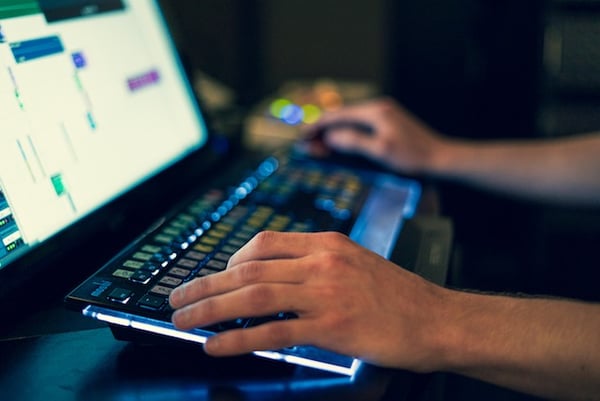
Equalization is a huge part of music production, so you have nothing to lose by learning more about it! Hopefully, this helps you gather a better understanding of the different types of EQ’s and filters involved in equalization.
Experiment with these tools and use them to create unique sounds to your liking. The best way to learn is by trying different EQ's and filters out for yourself.
Are you interested in pursuing a career in Music Production?
If you want to elevate your music producing skills you need to look at the Atlanta Institute of Music and Media. AIMM offers students the opportunity to record in exclusive studios, become Pro Tools Certified, and work with industry-standard equipment. Discover the role of an audio engineer.
Fast-track your music industry career and learn more about AIMM'S Music Production and Audio for Media Associate Degree by clicking the link below.
